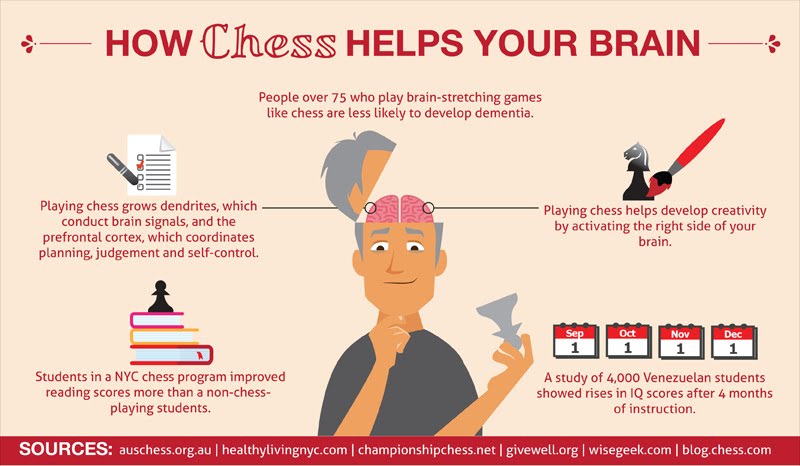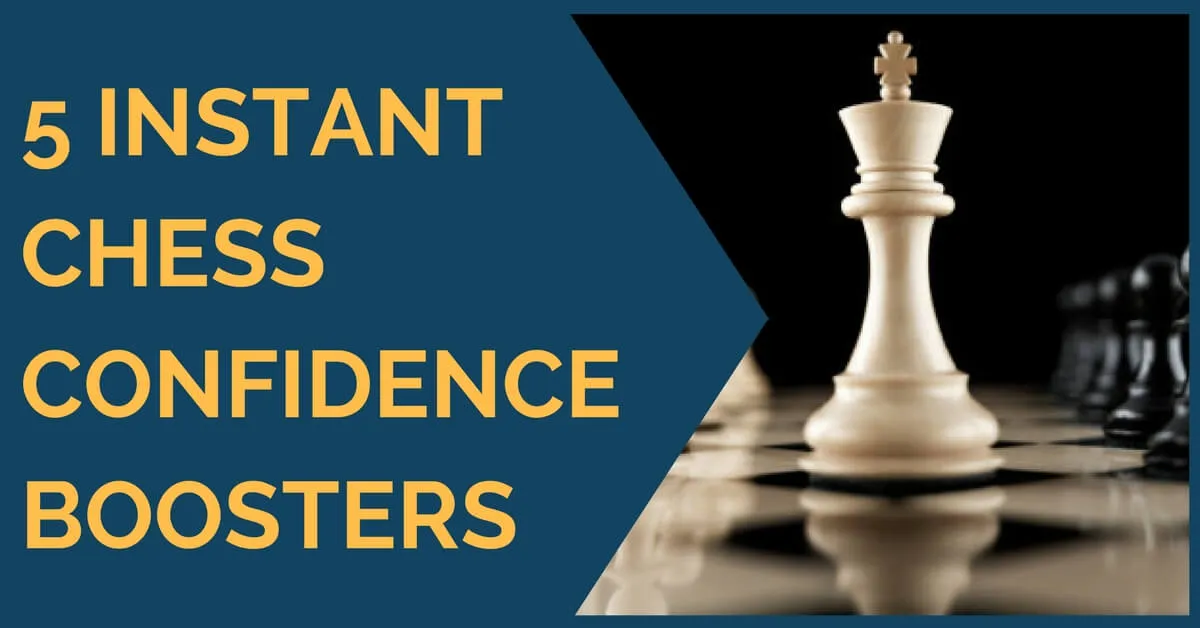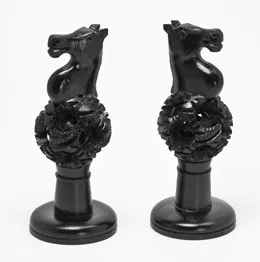Character Education with Chess: The King

Roumen Bezergianov is a therapist in Phoenix, Arizona. This is an excerpt of his book “Character Education with Chess”, where he describes how chess can be used by parents and educators to teach values and skills to young people.
“Character Education with Chess” is available on Amazon.com, Kindle Edition (you do not need a Kindle device to read Kindle books—“Kindle for PC” is available for free).
The Meaning of Life
The King is the most valuable piece in chess. Its value is absolute because if you lose your King, you lose the game. The other pieces have a relative value which changes depending on the position and situation and are expendable. The King, therefore, symbolizes those crucial things in life that can not be bought and sold. This is a good point of discussion with children to encourage them to share what in their lives they consider to be absolute, without a price, and without which life would be impossible. This can be taken to the most basic level to foster appreciation for nature and the mysteries of life.
In chess, we have two Kings — one belongs to us and the purpose of the game is to acquire the other. This can be viewed on a personal level where our King is our soul and the King we strive to capture is the meaning of our life. This is indeed the essence of authentic living, or as Viktor Frankl calls it, “the primary motivation” of human life. In his book “Man’s Search for Meaning” Frankl notes that in today’s world many people may have the means but lack meaning in their lives and this accounts for many of the modern problems. He explains that “the meaning of life differs from man to man, from day to day, and from hour to hour. What matters, therefore, is not the meaning of life in general but rather the specific meaning of a person’s life at a given moment.” Frankl illustrates this through the example of chess, where a “good move” can only be defined in the context of a particular situation. Our values inform us about the ultimate meaning of life much like in chess, where we know the main goal is the King. In order to fulfill that meaning, however, we need to choose our “moves” based on our unique circumstances.
Through the horrors of the death camps Frankl had to reaffirm the meaning of his own life and help suicidal comrades. He realized that he should not ask about the meaning of life but should rather see himself as the one being questioned by life. This can be seen as a chess-like dynamic where you realize that it is not you who is placing life in check but rather the opposite—you are in check. At that point the game requires you not to pursue your opponent’s King but to take care of your own. If you are not able to do that, it is check-mate. Frankl’s answer to his suffering consisted in responsible and noble actions, in upholding the human dignity in the face of its gravest challenge.
From this we see that the meaning of life is a “two-way street”—we have the right to expect certain things from life and strive towards them, but it is not over when we are no longer able to expect anything because life still expects things from us. When Frnakl reverses the question—not what I expect from life, but rather what life expects from me—I am reminded of John F. Kennedy, who, years later, spoke the famous words: Ask not what your country can do for you, but what you can do for your country. In the heights of success or in the depths of suffering, the principle is the same. In our time we are witnesses to examples such as Bill Gates and Warren Buffett, who donated their great wealth to serve humanity as an answer to what life expects from them.
Joseph Campbell, one of the greatest American thinkers of the 20th century, arrived at similar conclusions about the meaning of life through his study of mythology and religion. He said: “When people say they are looking for the meaning of life, what they are really looking for is a deep experience of it… You bring the meaning to it.” This is the realization that we have the power and the responsibility to discover and fulfill the unique meaning of our lives. “A deep experience” of life can only be achieved through active participation and complete dedication. As Frankl put it, the human being is not a “closed system”—the meaning is not isolated within the person, but is in the relationship of the person with the world. And so it is in chess—the purpose is achieved in the interaction between the two sides. You make a move and the world responds, acknowledging that you are connected, that you are a part of this big give-and-take, that you are responsible and what you do matters.
“Character Education with Chess” is available on Amazon.com, Kindle Edition (you do not need a Kindle device to read Kindle books—“Kindle for PC” is available for free). Buy on amazon.










Comments: